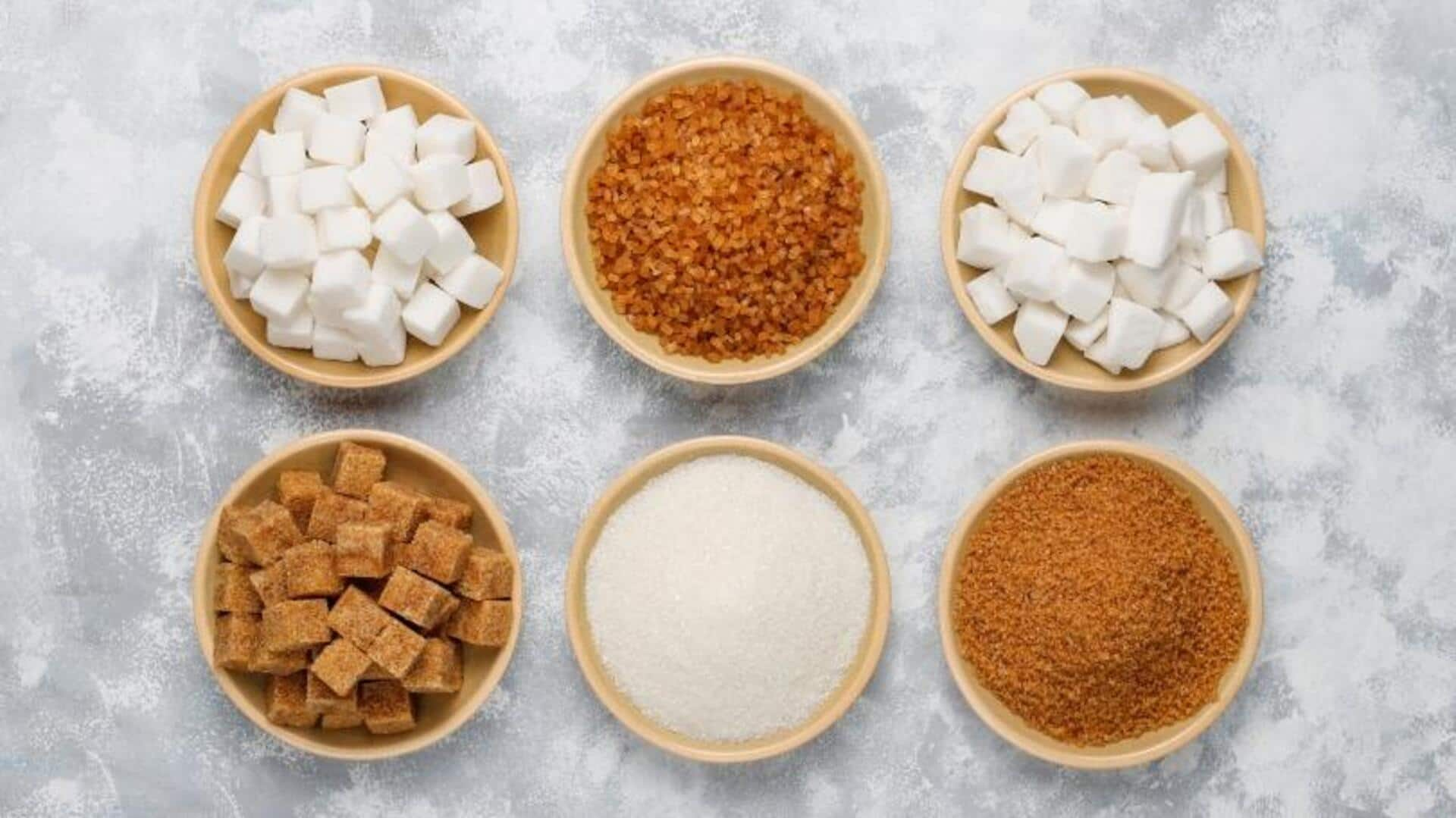
Essential sweeteners for Thai desserts
What's the story
Thai desserts are a delicate art of layered flavors and textures, dancing between luscious sweetness and a whisper of unexpected saltiness. The secret to this harmony? A symphony of sweeteners, each one a star in the Thai culinary universe. Discover the must-have sweeteners for authentic Thai desserts, and learn how to harness their unique magic in your culinary creations.
Palm sugar
Palm sugar: The traditional choice
Palm sugar, a key ingredient in Thai dessert making, is produced from the sap of the sugar palm tree. It boasts a rich, caramel-like flavor and can be purchased in solid or granulated forms. Incorporated in treats like sticky rice with mango and coconut milk sweets, its unique flavor profile contributes a depth of taste to traditional recipes, making it a truly indispensable ingredient.
Coconut sugar
Coconut sugar: A healthier alternative
Coconut sugar, made from the flowers of the coconut palm, provides a healthier sweetness with its low glycemic index, preventing sudden blood sugar spikes. Its caramel-like flavor complements Thai desserts such as khanom chan and custards. Favored by health-conscious cooks, its nutritional advantages and delicate flavor make it a staple ingredient.
Granulated sugars
White and brown sugar: For subtle sweetness
White and brown sugars, while not as traditional as palm or coconut sugars, are prevalent in Thai desserts due to their accessibility. White sugar provides a clean sweetness, while brown sugar, with its molasses content, imparts a moist texture and rich flavor. They are perfect for creating syrups for cake soaking or sweetening accompanying drinks, merging modern convenience with Thai culinary heritage.
Condensed milk
Condensed milk: Creamy sweetness
Condensed milk, while not traditional, is indispensable in many Thai desserts, particularly creamy or beverage sweets like Thai iced tea. It imparts richness and balances flavors. Its velvety sweetness is a delight in treats like shaved ice and sticky rice pudding. Although it's a newer addition compared to other sweeteners mentioned, its unique flavor has become a staple in specific recipes.
Tapioca syrup
Tapioca syrup: A vegan option
If you want vegan-friendly sweeteners but don't want to sacrifice authenticity, reach for tapioca syrup. Made from cassava roots, its neutral flavor won't compete with your desserts, letting their original taste shine. Perfect for glazes or as a binder in sweets like mochi balls or jelly treats, where clarity and consistency are key.